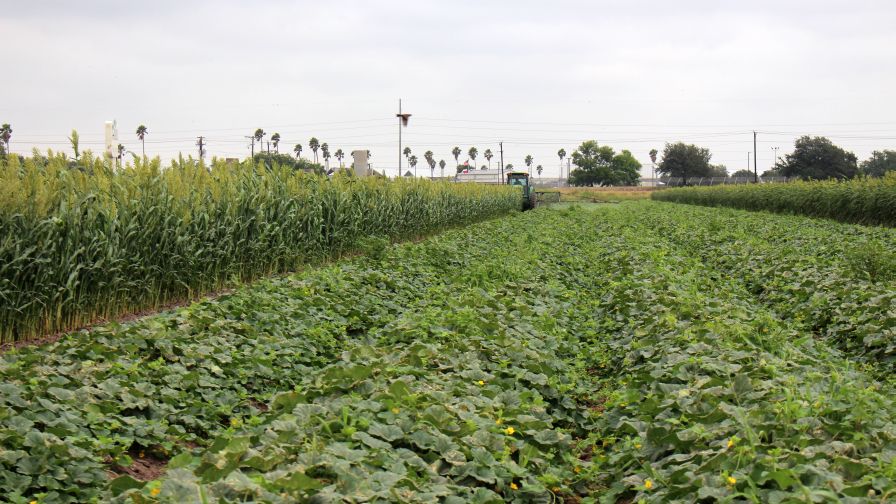Lowdown On Farm Labor
During this past year’s Great Lakes Expo in Grand Rapids, MI, Maureen Torrey of Torrey Farms in Elba, NY, offered some best practices on how growers can manage their labor policies and avoid, as much as possible, any legal headaches. Torrey Farms produces vegetables on more than 10,000 acres in New York, and its location close to the interstate and sometimes make it an easy target for federal agents. The company has a full-time staff of 180 people, and 250 more people may be working during peak of harvest,
The “toolbox” that Torrey has set up at Torrey Farms is tied to her connections in the produce industry and includes some of the following principles, among others.
• Designate one person at your farm to be in charge of all labor-related issues. This helps keep things simple.
• Develop a “policies and procedures” plan for your labor force and distribute it to your management plan so everyone is on the same page.
• Develop a “terms and conditions of employment” that must be signed by the employee.
• Create a checklist of hiring steps.
• Do a self-audit every year of all your posters, forms, and paperwork.
• Use a date book to record anything about labor, including documentation of any phone calls and visits you receive.
• Set up a separate phone number and email address for all labor issues.
• Remember to keep good records, but only keep what the law requires.
• Join and get involved in industry organizations that offer labor law information. This includes national groups such as the National Council of Ag Employers and United Fresh Produce Association, as well as your state farm bureau.
• Familiarize yourself with the U.S. Department of Labor’s website, as well as any state farm labor sites.
• Read and save articles you read and government bulletins you receive addressing labor policies. Remember to date them.
• Create a network of people that you trust and understand labor laws. This can include lawyers, government officials, and even other growers.
• Establish relationships with educate your elected officials and their staff about your farm.
A Knock At The Door
All these tips may be nice, but what do you do if an immigration officer shows up at your farm? Torrey offers these tips as well:
• Ask for credentials and a business card. If you are suspicious, call the agency to verify their identity.
• Find out why the investigators are there. A “raid” requires a search warrant but does not require advance notification. An I-9 audit requires three days’ advance notice in writing but no search warrant.
• Stay calm, be polite, and do not lose your temper.
• If the investigator wants to talk to your employees, let them. Take them to the packinghouse or field. Give them space, but feel free to take notes while they are there (write down any unusual or disturbing behavior).
• Write down which records they want to receive, and only provide what they request.
• Don’t allow documents to be removed from your property without making copies.
• Designate an area to have an audit of your records.
• Make small talk. “It’s amazing how things change when people talk about themselves,” Torrey says.
• Ask them when they will close out the audit. Save all your correspondence.









